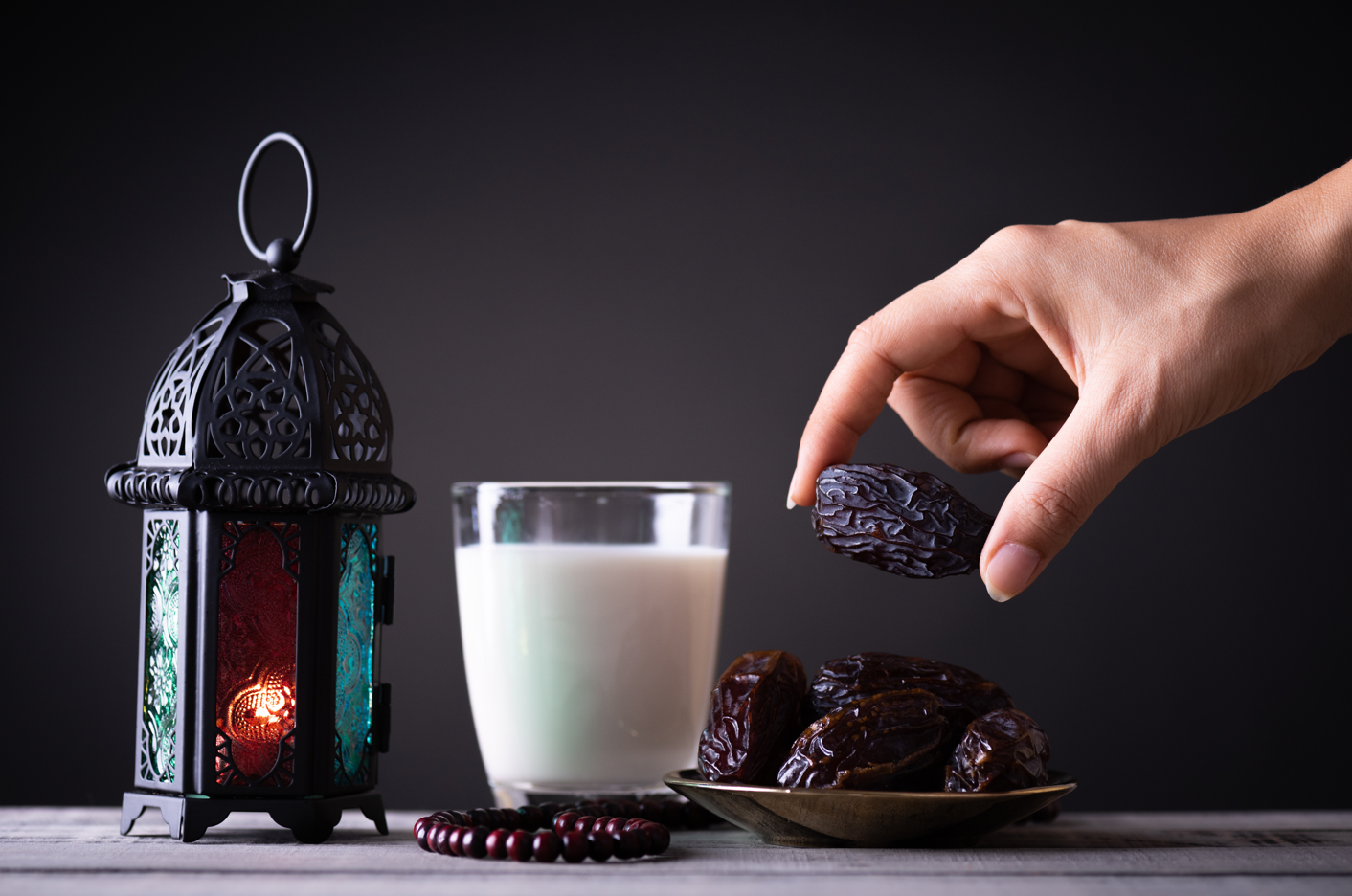
Ramadan, the ninth month of the Islamic calendar
Ramadan, the ninth month of the Islamic calendar, is a time of fasting, prayer, and spiritual reflection. During this holy month, Muslims abstain from food and drink from dawn until sunset. While the primary purpose of fasting is spiritual, it also has numerous physical benefits, including weight loss. In this article, we will explore why Ramadan is a blessed month to lose weight.
Fasting and Weight Loss
Fasting is an effective way to lose weight because it creates a calorie deficit. When you fast, your body uses stored fat for energy, which results in weight loss. Moreover, fasting can also help to reduce insulin levels and increase growth hormone levels, which can lead to increased fat burning.
In addition to the physical benefits of fasting, Ramadan also encourages healthy eating habits. Muslims are encouraged to break their fast with dates and water, which are nutrient-dense foods that provide energy and hydration. After breaking the fast, a balanced meal consisting of protein, complex carbohydrates, and healthy fats is recommended. This type of meal provides the body with the necessary nutrients to maintain energy levels throughout the day.
 Eating Habits During Ramadan
Eating Habits During Ramadan
During Ramadan, Muslims typically eat two meals a day: suhoor, the pre-dawn meal, and iftar, the meal eaten after sunset. Suhoor is an essential meal that provides the body with the necessary nutrients to sustain energy levels throughout the day. It is recommended to include foods that are high in protein, fiber, and complex carbohydrates in this meal. Examples include eggs, whole grain bread, and fruit.
Iftar is the meal that breaks the fast, and it is often a time of celebration and socializing. However, it is essential to avoid overeating during this meal as it can lead to weight gain. It is recommended to break the fast with a few dates and water, followed by a balanced meal consisting of protein, complex carbohydrates, and healthy fats. It is also important to avoid fried and processed foods and to limit sugary drinks.
Physical Activity During Ramadan
In addition to healthy eating habits, physical activity is also essential for weight loss during Ramadan. While it may seem counterintuitive to exercise while fasting, moderate exercise can actually help to boost energy levels and reduce hunger pangs. It is recommended to exercise after iftar, when the body has replenished its energy stores. Activities such as walking, yoga, and strength training can all be effective for weight loss during Ramadan.
Conclusion
Ramadan is a blessed month that offers numerous physical and spiritual benefits. For those looking to lose weight, fasting during Ramadan can be an effective strategy. By following healthy eating habits and engaging in physical activity, Ramadan can be a time of weight loss and self-improvement. However, it is important to consult with a healthcare professional before beginning any fasting or exercise regimen, especially if you have any underlying health conditions.



 Eating Habits During Ramadan
Eating Habits During Ramadan

